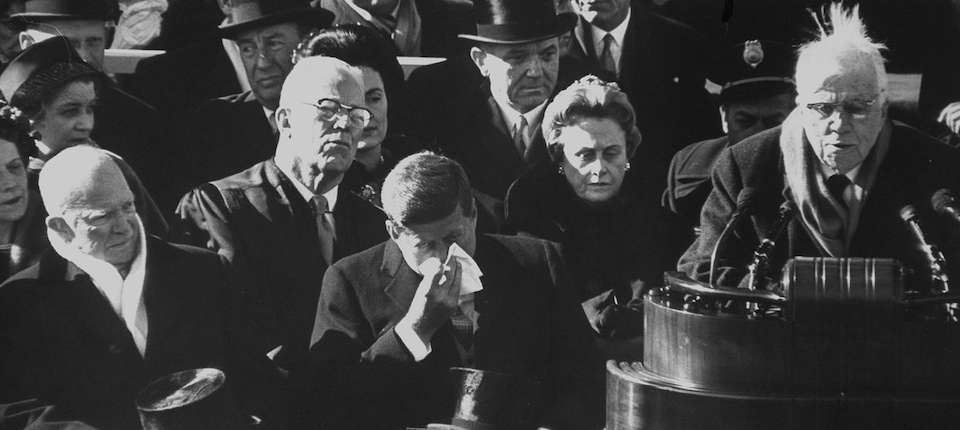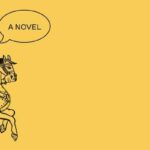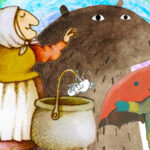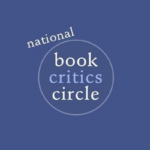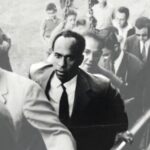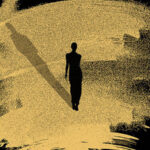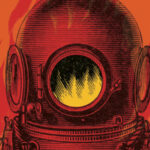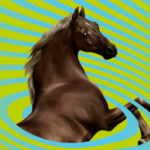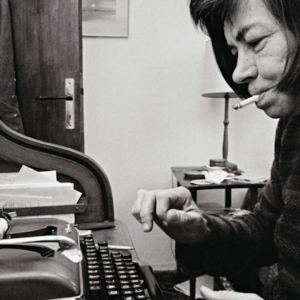- “The Origins of Totalitarianism reads like a good novel because it reveals to the reader some experience that they already know, but thanks to its pages can now understand.” Why we should all be reading Hannah Arendt. | Lit Hub Politics
- Lightning and land ablaze: Manjula Martin on the primal terror of living in wildfire country. | Lit Hub Nature
- Why nonfiction writers should try writing fiction(and vice versa). | Lit Hub Craft and Criticism
- Motherhood and the Moon: Rebecca Boyle finds solace in lunar metaphysics. | Lit Hub Space!
- “When I realized that the power brokers did not care about my book or middle-aged me, I was free. Not to care. To do exactly as I pleased. Because I was mid.” Viet Thanh Nguyen on embracing mid-life. | Esquire
- Leslie Jamison reflects on the experience of becoming a mother, and of the unraveling of her marriage during her daughter’s first year of life. | The New Yorker
- A dispatch from the 24-hour marathon Moby-Dick reading at the New Bedford Whaling Museum. | Slate
- “That the natural world could have an existence of its own, without our intervention, perspective, or even notice, that we ourselves might not be the central players in the drama of life—what could cause more existential dread?” Colin Dickey on the eerieness of lake monsters. | Atlas Obscura
- Tiya Miles considers Octavia Butler’s “histofuturism.” | The Atlantic
- Juliette Pavy on the cruel birth control campaign Denmark carried out against Inuit women in Greenland. | The Dial
- “I have only recently been made aware of Oliver’s work, but I feel that her thinking somehow influenced mine.” Tayari Jones on the stories of Diane Oliver. | The Paris Review
- Three months into a “livestreamed genocide,” Sarah Aziza considers the limits of bearing witness. | Jewish Currents
- “We don’t have access to essential truths about each other; and this question of equality is always a problem of belief.” Lillian Fishman explores the question of equality in love. | The Point
- Jael Goldfine considers the slow death of feminist media. | Study Hall
- “The multiverse, in its most basic sense, is about our perpetual unhappiness.” Jonathan Russell Clark on falling out of love with the multiverse. | Esquire
- Kelly Boutsalis explores her relationship to land acknowledgements, and to the land. | Hazlitt
- “Great literature, like lifting, makes a claim on one’s life that one has to contend with. Raskolnikov, put another way, could have benefitted from ‘Can’t Get Big Biceps? Just Do THIS!!’” Jordan Castro on getting the pump. | Harper’s
- Two iconic LA bookstores—Vroman’s and Book Soup—are up for sale. | Los Angeles Times
- Moira Donegan on the life and death of 19th-century New York abortion provider Madame Resell. | The New Yorker
Also on Lit Hub:
Maris Kreizman wonders why this coming March is the best month in years for new books • Temim Fruchter on conquering self-doubt through writing fiction • Tara Isabella Burton on Fictional characters in search of utopias • Andrew J. Graff on becoming a guide on one of America’s most dangerous rivers • How a 20th-century Czech play influences our understanding of science and humanity • Annie Liontas on life after concussion • How Eric Schlich channels his bisexuality through queer protagonists • Susan Muaddi Darraj on finding inspiration in the lives of ordinary Palestinians • On the challenges of managing an open relationship • The music of other tongues: Mira Rosenthal and Tomasz Różycki on translating rhyme and rhythm in poetry • Jacquline Alnes looks into the fringe fruit craze • How radio brought the world (and a little entertainment) into American homes • The Philips—Pullman and Goff—talk about the deeper meaning (or lack thereof) of the universe with Nigel Warburton • On the outsize influence of economic theory • On fiction as a mode of inquiry • Jami Attenberg on writing a book 1,000 words at a time

